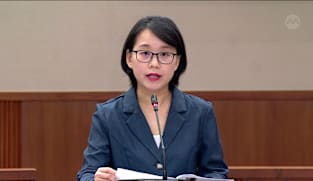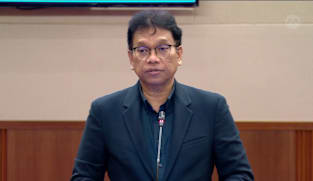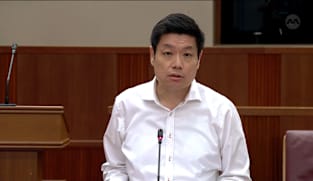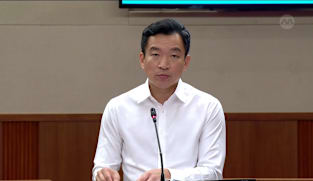Committee of Supply 2024 debate, Day 4: Grace Fu on food safety grading and licensing
Singapore is adjusting its food safety grading system to reflect an establishment’s track record rather than just a “snapshot” of its standards at the point of inspection. Those which perform poorly will be inspected more frequently and could be downgraded if they still do not improve. Establishments involved in “significant food handling” and large-scale distribution, such as food manufacturers and caterers, will have to meet additional requirements. This is in line with the risk-based approach taken by the authorities. In the same vein, licensing requirements and fees will be dropped for food establishments that sell items with minimal food safety risk. By 1 January 2025, all market stalls and vending machines selling non-food or low-risk food items - for example, pre-packed food like canned food and packet biscuits - will not need to be licensed. The new policy will benefit more than half of existing market stall licensees and about two in five existing vending machine licensees. The changes were announced by Sustainability and the Environment Minister Grace Fu in Parliament on Monday (Mar 4). She said her ministry is designating 2024 as the Year of Public Hygiene. This will mean a greater emphasis on delivering public environmental services, supporting the environmental industry to build capabilities and adopt technology, and augmenting enforcement efforts. Ms Fu gave the House an overview of key achievements so far under the Singapore Green Plan 2030. She also said PUB is looking at additional measures to safeguard Singapore’s waterways, reservoirs and sewerage system from hazardous substances. She also announced limits on formaldehyde in building products, starting with interior paints.
Singapore is adjusting its food safety grading system to reflect an establishment’s track record rather than just a “snapshot” of its standards at the point of inspection. Those which perform poorly will be inspected more frequently and could be downgraded if they still do not improve. Establishments involved in “significant food handling” and large-scale distribution, such as food manufacturers and caterers, will have to meet additional requirements. This is in line with the risk-based approach taken by the authorities. In the same vein, licensing requirements and fees will be dropped for food establishments that sell items with minimal food safety risk. By 1 January 2025, all market stalls and vending machines selling non-food or low-risk food items - for example, pre-packed food like canned food and packet biscuits - will not need to be licensed. The new policy will benefit more than half of existing market stall licensees and about two in five existing vending machine licensees. The changes were announced by Sustainability and the Environment Minister Grace Fu in Parliament on Monday (Mar 4). She said her ministry is designating 2024 as the Year of Public Hygiene. This will mean a greater emphasis on delivering public environmental services, supporting the environmental industry to build capabilities and adopt technology, and augmenting enforcement efforts. Ms Fu gave the House an overview of key achievements so far under the Singapore Green Plan 2030. She also said PUB is looking at additional measures to safeguard Singapore’s waterways, reservoirs and sewerage system from hazardous substances. She also announced limits on formaldehyde in building products, starting with interior paints.



















